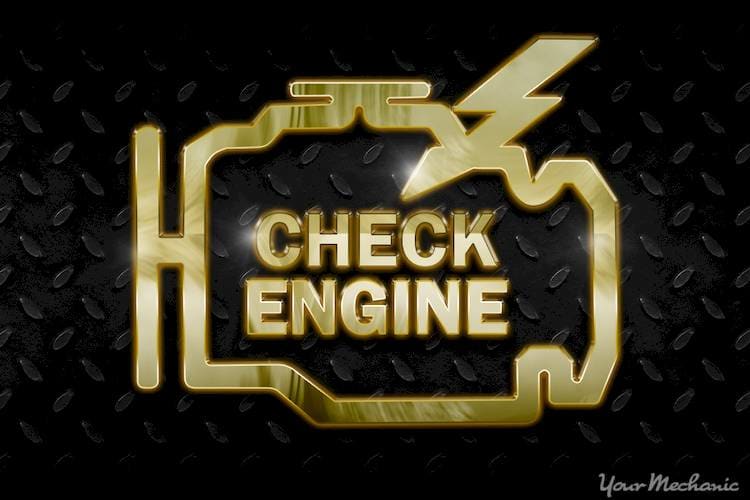P0439 code definition
The P0439 code means that the catalyst heater control circuit has sent the PCM a voltage reading that is below the acceptable range for efficient engine operation.
What the P0439 code means
The PCM uses data from various sensors in the engine banks to detect how efficiently the catalyst converters are operating. There are two oxygen sensors, the upstream and the downstream, that are compared to each other by the PCM. If these readings are too similar, or are not within the acceptable range determined by the manufacturer, the PCM will assume that there is a malfunction within the catalyst heater control circuit, and store the P0439 code.
What causes the P0439 code?
Most of the time, this code appears when a catalytic converter is faulty. However, bad oxygen sensors are equally likely. If an oxygen sensor code is also stored in the PCM, it is more likely that the oxygen sensors are to blame.
A faulty converter usually means that there is an underlying cause, such as:
- Using the wrong fuel type
- A faulty coolant temperature sensor
- A faulty mass air flow sensor
- A faulty manifold air pressure sensor
- A faulty fuel pressure regulator or other fuel injection component
- Contaminated oil
Other causes may include:
- Faulty catalyst temperature sensor
- Poor electrical connection in the catalyst temperature sensor
- Open or short catalyst temperature sensor harness
What are the symptoms of the P0439 code?
The most common symptoms of the P0439 code include the illuminated Check Engine lamp, and possibly a stalled engine. In most cases, if drivability issues like hissing noises, stalling, hesitation, or overall lack of performance occur, it means that a component in the converter has broken or melted.
How does a mechanic diagnose the P0439 code?
In order to diagnose the problem causing the P0439 code, the mechanic should verify the code with an OBD-II scanner, and then perform a visual inspection of all electrical components. If any electrical wires or connectors are damaged, loose, or corroded, they must be replaced. In order to determine if this repair fixed the issue, the P0439 code should be cleared from the PCM, and the system should be retested.
If the code reappears, the electrical wiring was not to blame, and the mechanic should move on to the two most common malfunctions that cause this issue: the oxygen sensors and the catalytic converter. After each repair is attempted, the mechanic should clear the code and perform a retest to ensure that the issue was fully diagnosed and repaired.
Common mistakes when diagnosing the P0439 code
The most common misdiagnosis with the P0439 code is under-diagnosing the catalytic converter failure. When the catalytic converter is to blame, the underlying issue will cause the new converter to fail if not addressed. Additionally, it is important to check the oxygen sensors before replacing any parts, but it is common to see replaced oxygen sensors in order to avoid the high cost of replacing the catalytic converter, which is more likely to be behind this code.
How serious is the P0439 code?
Because this code relates directly to the efficiency of the engine, it should be addressed as soon as possible. If the P0439 code is detected, and the issue is not repaired, it could lead to more extensive repairs in the future.
What repairs can fix the P0439 code?
In order to address a P0439 code detection, a technician may attempt any of the following repairs:
Need help with a P0439 code?
YourMechanic offers certified mobile mechanics who will come to your home or office to diagnose and repair your vehicle. Get a quote and book an appointment online or speak to a service advisor at 1-800-701-6230.
Check Engine Light
trouble codes
P0439





